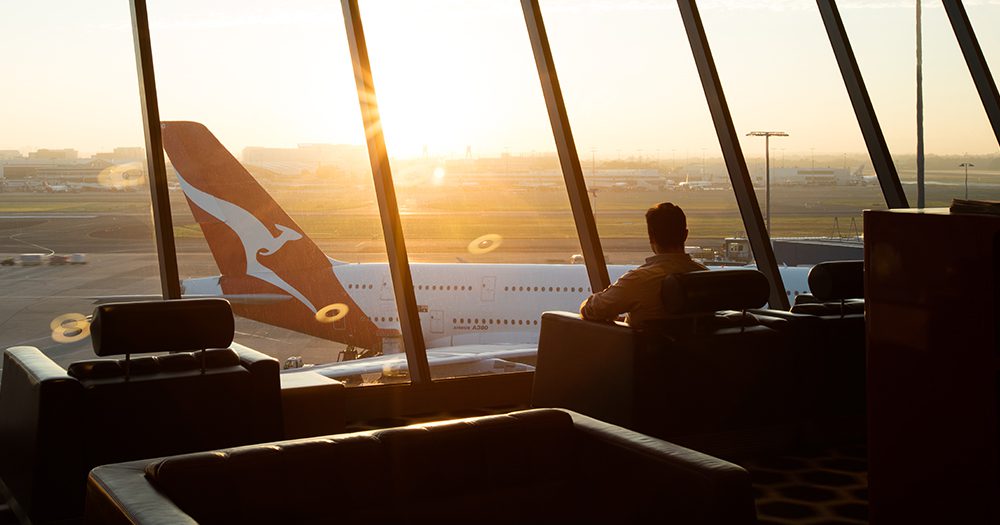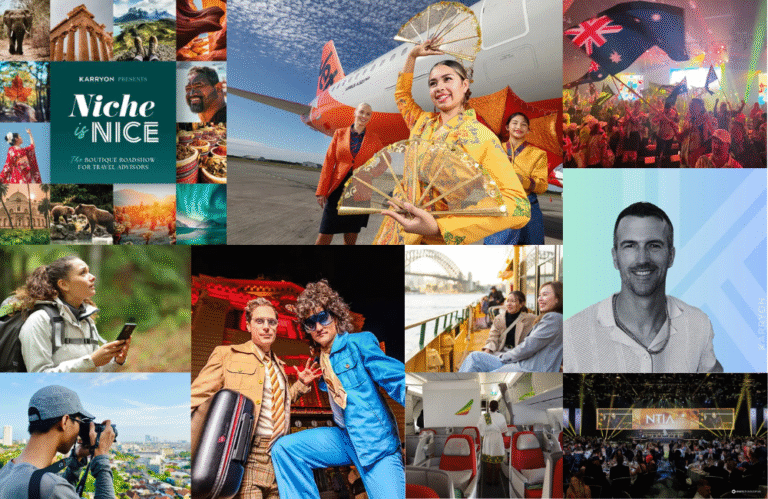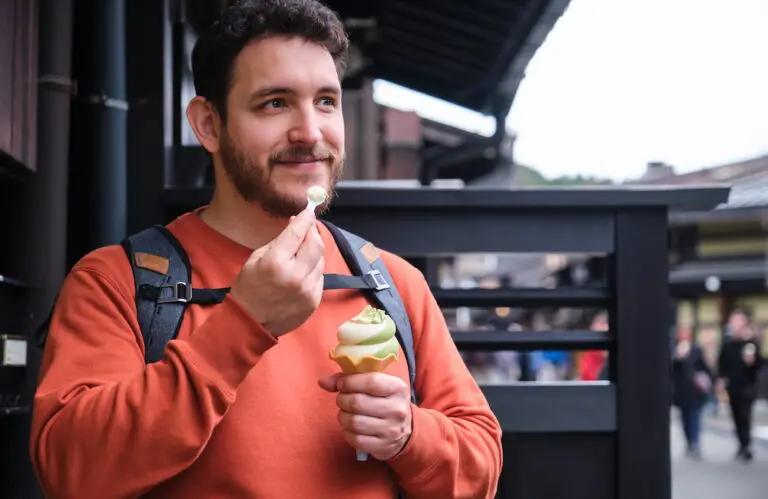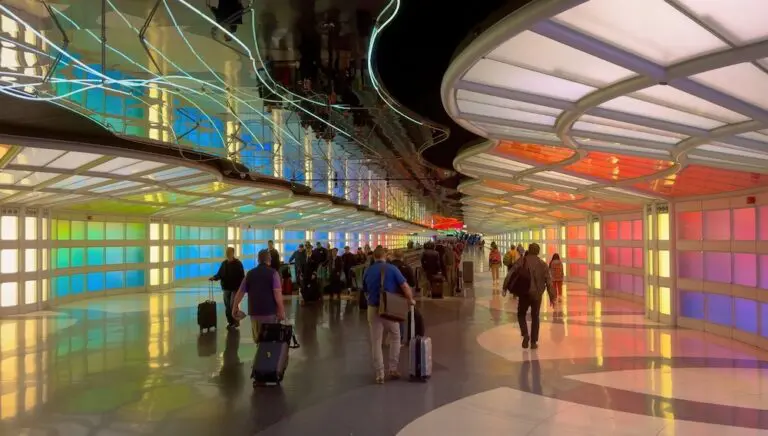The Qantas Group provided a market update this morning which detailed the current shape of the airline’s business since Its Annual General Meeting in October, and where it believes the market will go next.
The update was led by Qantas Group CEO Alan Joyce who said in his remarks that he anticipated domestic capacity would be back to almost 70 per cent in December and rising to 80 per cent by the end of March 2021.
“We’ve seen a vast improvement in trading conditions over the past month as many more people are finally able to travel domestically again.” Said Mr Joyce.
“There’s been a rush of bookings as each border restriction lifted, showing that there’s plenty of latent travel demand across both the leisure and business sectors,
“Between Qantas and Jetstar, there were over 200,000 fares sold for flights to Queensland in 72 hours after the border openings with Sydney and Victoria were announced. We’re also seeing people booking several months in advance, which reflects more confidence than we’ve seen for some time.”

However, Mr Joyce was quick to remind people that the current situation is far from being anywhere near normal for the airline.
“Bringing domestic capacity back to almost 70 per cent in December is very positive compared to where we’ve been, and so is seeing more of our people back at work. But overall the Group is still a long way off anything approaching normal.” He said.
“It’s unclear what shape the domestic economy will be in next year, particularly once broader government support winds back. Until a vaccine is rolled out, the risk of more outbreaks remains.” He said.
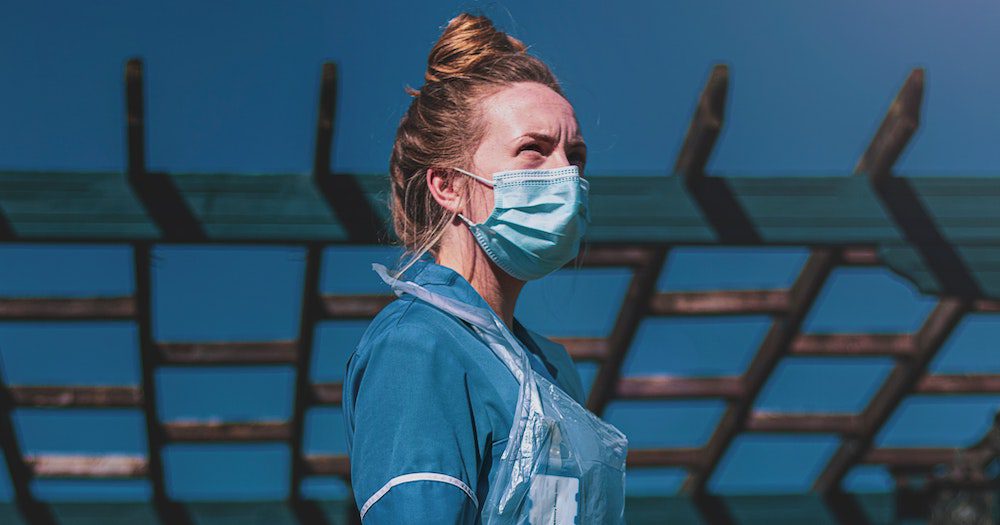
The prospect of international travel returning according to Mr Joyce hinges on a vaccination becoming available and predicted to be unlikely until July 2021.
“International travel is likely to be at a virtual standstill until at least July next year and it will take years to fully recover, which means we’re carrying the overhead for billions of dollars worth of aircraft in the meantime. We’re also facing a revenue drop of at least $11 billion this financial year alone compared to pre-COVID.” Said Mr Joyce.
“Overall, we’re optimistic about the recovery but we’re also cautious given the various unknowns. We also have a lot of repair work to do on our balance sheet from the extra debt we’ve taken on to get through the past nine months.
“That’s why we remain focused on delivering on our recovery program, which unfortunately involves following through on some hard decisions to restructure and respond to the new set of circumstances we’re faced with.”
Here’s the breakdown of some of the other key topics as part of the recovery program which Mr Joyce covered off on, in his own words.
On Border Reopening’s
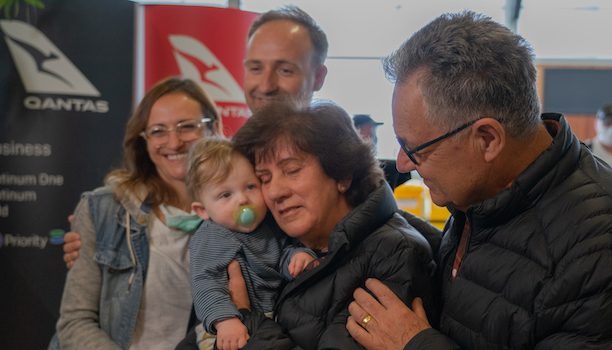
“Since we last updated the market at our AGM in October, there’s been a lot of positive news on the pandemic. Australia has continued to be a world leader in managing COVID – including how it responds to outbreaks.
“That success has meant the easing of more border restrictions – and by next week, we’ll almost be a federation again. As you know, we think this is long overdue in some places, and we welcome it.
“What’s critical now is that we adopt a national framework for borders. A set of rules that reflects our confidence in the testing and tracing systems that have worked so well in New South Wales in particular, so that we’re not faced with borders slamming shut again.”
On Travel Demand
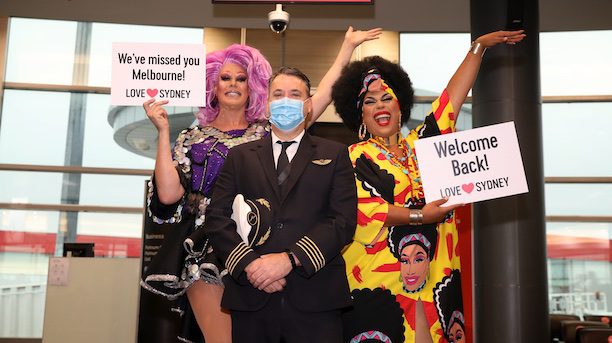
“Can I say, there’s a very human aspect to these border openings. I’ve never seen so much hugging at domestic terminals, particularly between cities that are only an hour apart. That need to reunite is part of what’s driving the strength in bookings we’re seeing.
“And people looking for a change of scene – with a lot of traffic coming out of Melbourne for short breaks elsewhere.
“There’s also a lot of corporate travellers on the triangle again. That’s likely to increase for Qantas, off the back of the corporate share that has shifted to us – some 25 large accounts have come across this year.
On Frequent Flyer

“We made a decision several months ago to significantly increase the domestic seats available for Frequent Flyer redemptions. We’ve expanded them by 50 per cent, in recognition of international redemptions being off the cards for a while.
“The response has been great. Over the past three weeks, redemption bookings were literally twice what they were over the same period last year.
“Last week, Frequent Flyer bookings on Jetstar were up 175 per cent compared versus last year. We expect this to drop back, but what all of this shows is:
- People want to travel
- They want to travel with us, and
- They continue to get value from the Qantas Points – which is excellent news for Loyalty.
On Vaccines
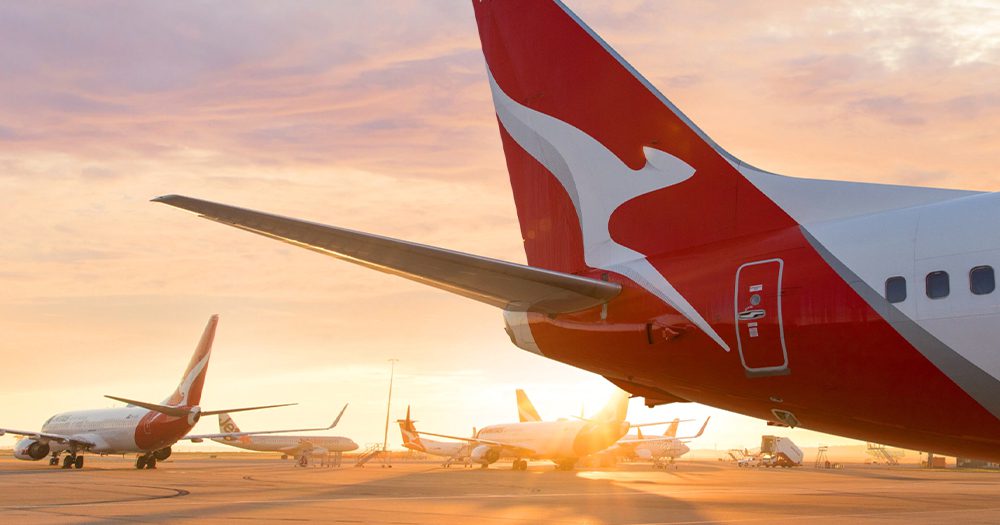
“The second area of good news since our October update is progress on vaccines. Australia’s success at virtually eliminating COVID means we’ll need a vaccine for international travel to restart properly.
“As the Prime Minister said, it will become a binary choice for international travellers to either get the vaccine or quarantine for two weeks. And quarantine places are very limited.
“Our position on this is clear. We have a duty of care to our people and our passengers, and once a safe and effective vaccine becomes readily available, it will be a requirement for travel on our international services.
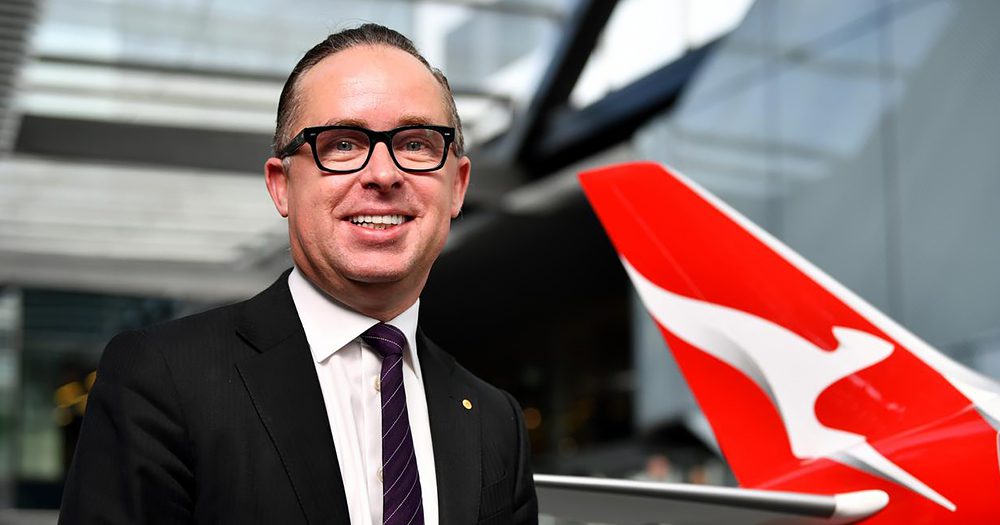
“There will be some exceptions for people who can’t – for medical reasons – take vaccines. And our flights to New Zealand will probably be exempt given their success at controlling COVID as well, just as domestic flights will be exempt.
“I acknowledge some people are opposed to vaccines in-principle. We respect that. But in return, we ask everyone who travels on Qantas and Jetstar to respect our safety protocols – which will include a COVID vaccine for international flights, at least until the pandemic is under control overseas.
Alan Joyce, CEO, Qantas Group
In the past week, we’ve asked some of our customers their thoughts on this:
- 87 per cent said they would take a COVID vaccine if it was required to travel internationally.
- 85 per cent thought it should be required for travel to at least some countries.
“We will always put safety ahead of popularity – but it seems the vast majority of our customers agree with us on this.”
On Financial Performance
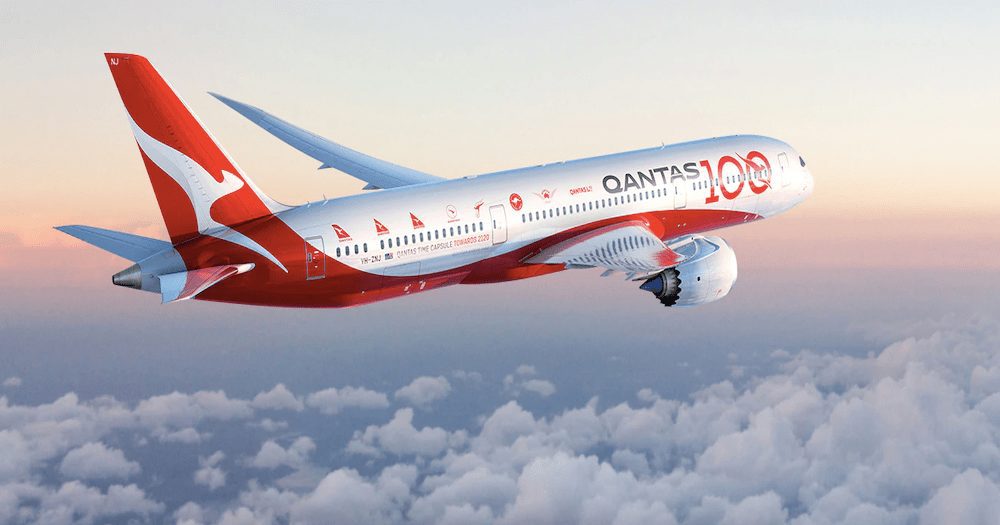
“We’re announcing today that we expect to be close to breaking even at the Underlying EBITDA level for the first half. To be clear on what this means – we’re not back in the black. Far from it. We will post a significant loss this year.
“Broadly speaking, it means the strong performance of Qantas Loyalty and Qantas Freight – and now the improving performance of Group Domestic – covers the overheads from our stranded costs in International.
“We’re faced with carrying these assets until at least July next year before they start generating cash again.
“We have had to take on more than $1.5 billion in additional debt to get through this crisis. We’ve lost $11 billion in revenue this financial year alone. Repairing our balance sheet is going to take a long time. And we know the domestic market is going to be very competitive.
“That’s why our restructuring program is so important – even though it means a lot of hard decisions.”
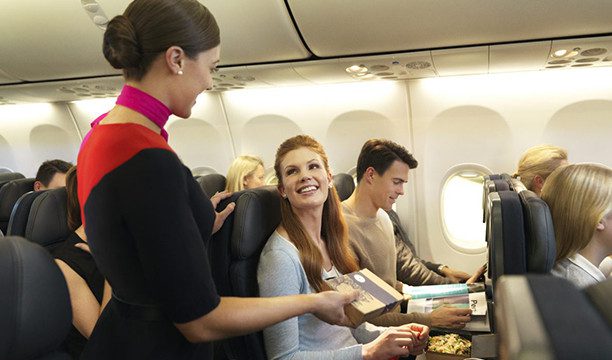
Part of this included a review of Qantas’ ground handling operations, with a decision made to outsource the remainder of this function and deliver savings of $100 million a year.
Combined with changes at Jetstar, this will result in a further 2,500 people leaving the company, taking the total number of job losses across the Group due to COVID to 8,500.
Of this total, more than 5,000 roles will have left the business by 31 December this year, the vast majority via voluntary redundancy.
The recent increase in domestic travel has seen the number of full-time equivalent roles stood up increase from around 9,000 in October to 11,500 in December; this is expected to increase to around 14,000 in Quarter Three (Jan-March). Currently, approximately 13,500 roles remain stood down.
“Having said all that, the outlook is a lot more positive than it was six months ago. It’s great to see more of aircraft back in the air, along with more of our people. And we’re optimistic it will keep getting better from here.”
You can read the full Qantas Group market update here.


